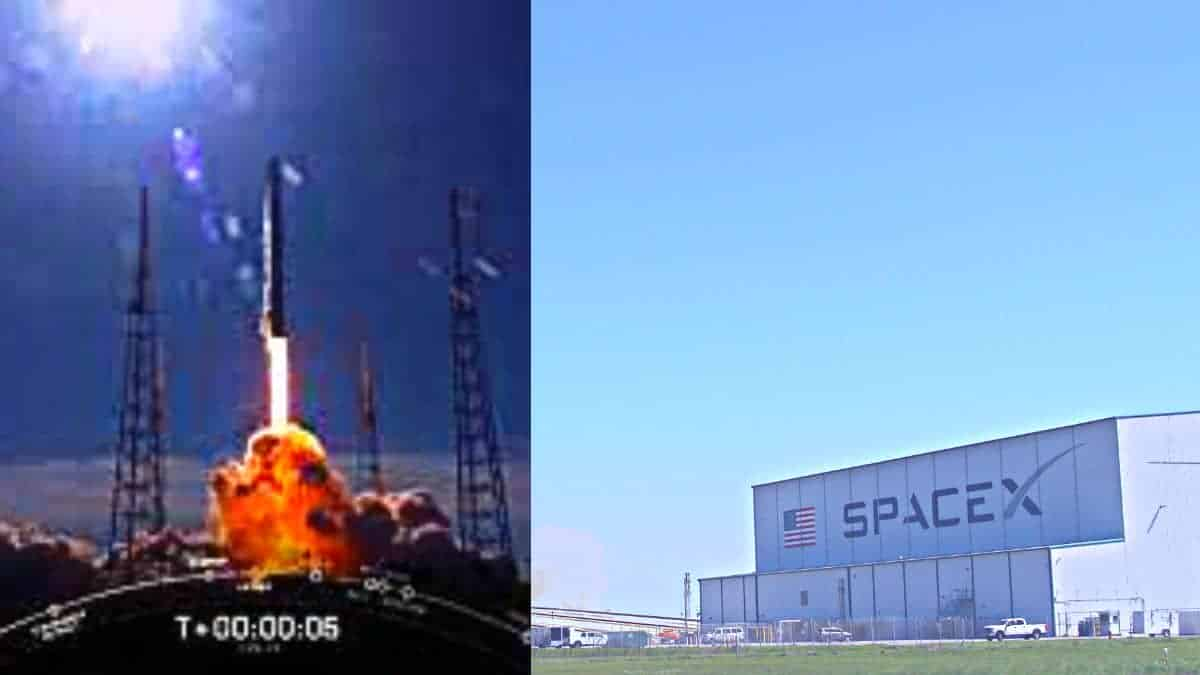SpaceX Falcon 9 launches its 25th cargo mission with a robotic Dragon cargo capsule

SpaceX Falcon 9 rocket launched from NASA’s Kennedy Space Center (KSC) along with robotic Dragon resupply craft, a class of partially reusable cargo spacecraft towards the International Space Station (ISS) in Florida on July 14, 2022. The mission is known as CRS-25, due to its being the 25th cargo mission conducted by SpaceX that took off at 8:44 p.m. EDT (0044 GMT on July 15) from KSC’s Launch Complex 39A.
In the first phase, Falcon 9 separates after 2.5 minutes, and the Dragon is propelled into orbit. The Dragon is reported to spend the next day and a half trying to catch up to the ISS. The cargo capsule Dragon is scheduled to dock with orbiting ISS lab around 11:20 a.m. EDT (1520 GMT) on July 16.
Reportedly the CRS-25’s launch was delayed to July 14 due to previously found high levels of hydrazine vapor in parts of the cargo capsule’s propulsion system during fueling. Both NASA and SpaceX took precautionary measures in detecting vapor through extensive examinations and delaying the takeoff days.
NASA said regarding the delay, “ongoing Dragon spacecraft inspections as well as repair and replacement of any components that could have degraded by exposure to mono-methyl hydrazine (MMH) vapor found during testing in early June.”
According to the SpaceX team the vehicle’s main parachutes were also affected by the vapor and thus were replaced. The senior director of SpaceX’s human spaceflight program said, “So far, the initial results of some inspections are coming in, and the original parachutes look great, SpaceX will likely use those on a future mission if the team determines they’re safe to use for flight.”
The CRS-25 mission carried almost 5,800 pounds (2,630 kgs) of supplies to the space station including equipment to support 40 ongoing research investigations. The supplies will also include the ISS residential astronomers to have fresh food delivery. The ISS deputy program manager said, “We’re sending up apples, oranges, cherry tomatoes, some onion, baby carrots, garlic, tahini, cheese and dry sausage,” Weigel said. “So, a really nice mix of fresh fruit for the crew.”
The cargo Dragon is carrying the Earth Surface Mineral Dust Source Investigation (EMIT) which is a device fitted in the cargo’s trunk that will be added to the ISS as an external payload to help in measuring the mineral composition of the dust. It will be studying the role of dust in the Earth’s climate system.
The external orbital lab will also study a biopolymer concrete investigation for the construction of buildings in a microgravity system using “in-situ” resources. The lab will conduct a study on the immunosenescence investigation which will look into the effect of aging on cells and the ability to repair damaged tissues in post-spaceflight astronauts.
The spacecraft will also return back with samples from investigations, equipment, waste materials, and circulated station lifecycle supplies.


